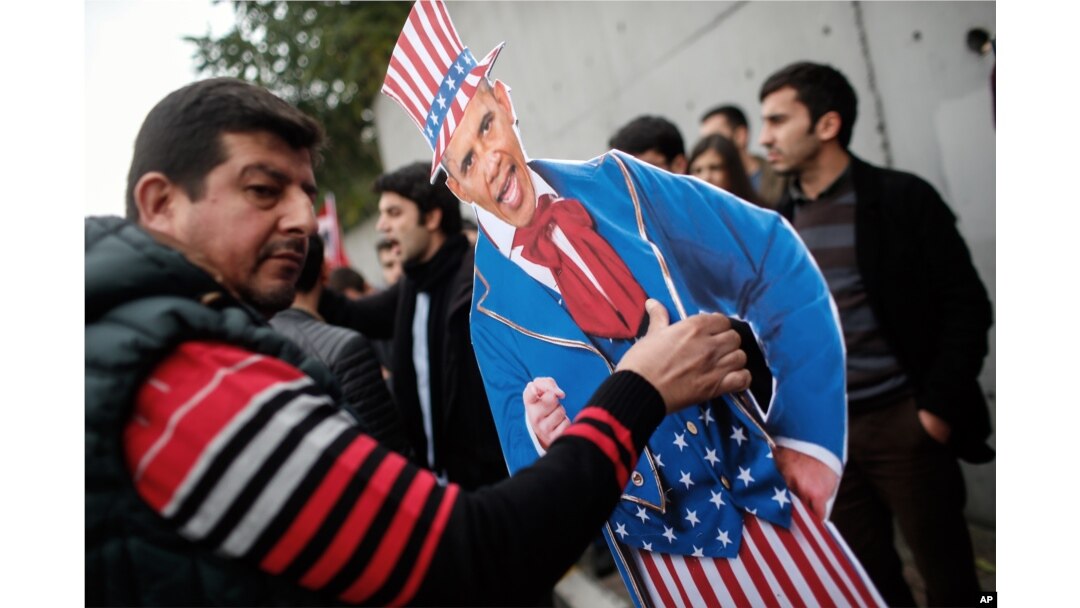As leaders of the 20 richest nations prepare to meet in the Turkish resort of Antalya, there are alarming indicators about the health of some emerging economies — including Turkey, where inflation is high and the currency struggling. But it is Russia that is suffering the most, said Andrew Kenningham of London consultancy Capital Economics.
Russia's economy "is contracting by maybe 5 percent this year — really struggling with the collapse in the oil prices, on top of the sanctions problem, on top of the very poor governance, which has made it extremely difficult for businesses to operate there,” he said.
Official growth in China has slowed to under 7 percent, prompting an equity sell-off and pushing down oil prices. Kenningham said the fears are overblown.
“The equity market did collapse," he said, "but there had been a bubble beforehand, and it’s not really very strongly connected to actual growth in the economy.”
Robust economic data from the United States have raised expectations of an interest rate increase there next month, compounding problems for emerging economies.

Plainclothes police officers take away an effigy of President Barack Obama as members of the Turkey Youth Union gather to protest the upcoming visit of Obama to Turkey in mid-November for G20 summit in Antalya, outside the US consulate in Istanbul, Nov. 8, 2015.
China said this week it wants the G20 to focus on reform of voting rights at the International Monetary Fund. Olivia Gippner of the London School of Economics said the Chinese "are underrepresented dramatically. At the moment, the U.S. has around 16 percent of the share, China only 4 percent, India 3 percent, Brazil even 2 percent. So these don’t reflect the current economic system anymore at all."
Gippner said climate change would also be high on the G20 agenda, "particularly because we have the Paris [climate] summit coming up in December, and this is one of the last meetings where the big economies and the big actors also on climate change will come together.”
Turkey arrested 20 suspected Islamic State militants in Antalya province this week. Global security has been thrust to the forefront of the agenda, said the University of Toronto’s John Kirton, founder and co-director of the G20 Research Group at the university's Munk School of Global Affairs.
FILE - Turkish police special forces take part in a security operation in Diyarbakir, Turkey, October 26, 2015, where two Turkish policemen and seven Islamic State militants were killed after police raided more than a dozen houses in the region.
“Terrorism in the Middle East, primarily, and the Syrian refugee crisis — they're going to be dealt with by the leaders at the dinner, where they meet alone and can deal in a more flexible fashion,” he told VOA via Skype from Antalya.
China takes over the rotating presidency of the G20 in 2016. Analysts say Beijing will most likely find its own economy is the major focus of many fellow members.

